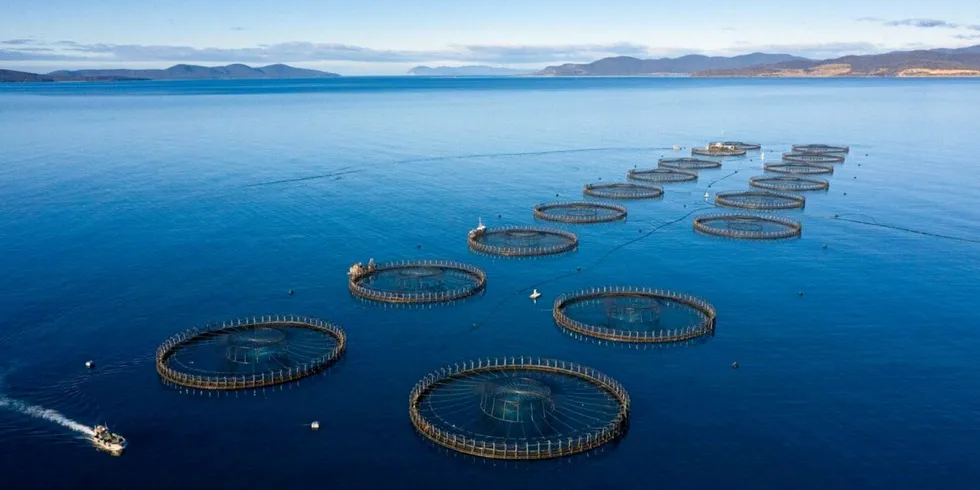Fish feed additive banned in EU reportedly found in Tasmanian salmon at 'concerning levels'
Experts are calling for tighter regulations after tests find excessive ethoxyquin levels in Tassal and Petuna salmon.

Experts are calling for tighter regulations after tests find excessive ethoxyquin levels in Tassal and Petuna salmon.
